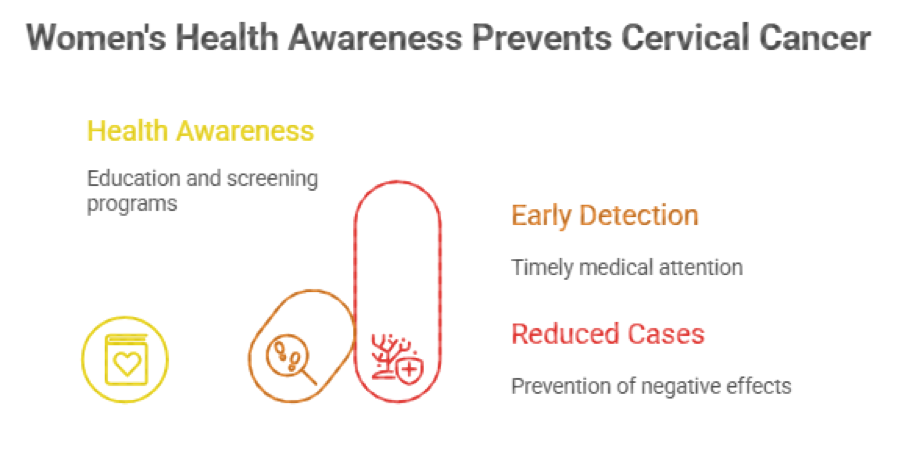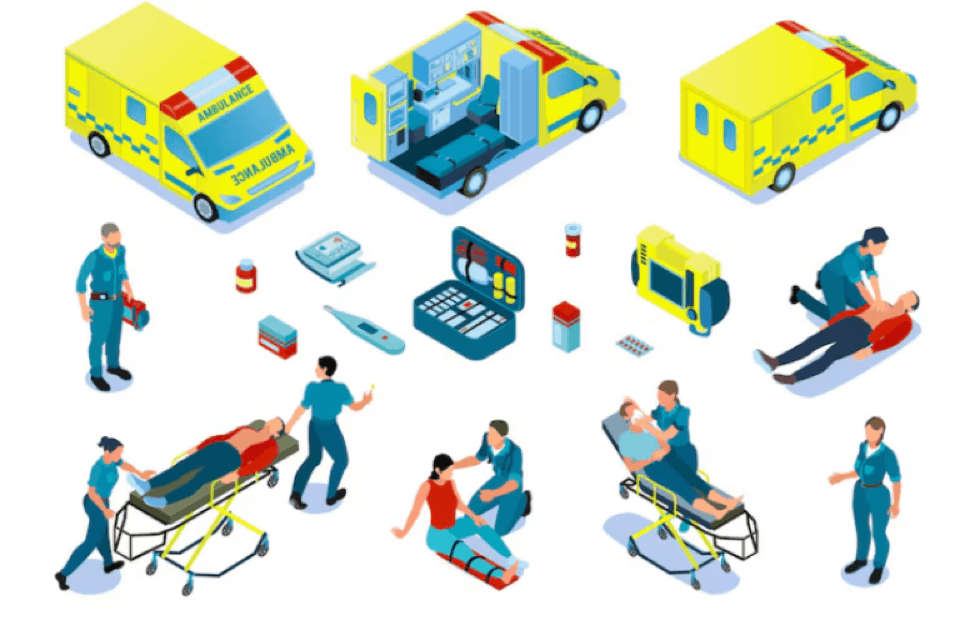M.P Shah Hospital is looking to recruit a professional, and evidence driven person for a vacancy in the Pharmacy Department as a Pharmacist.
Reporting to the Manager Inpatient/Outpatient Pharmacy, the overall purpose is dispensing prescription drugs to patients. The desired candidate will provide clear and accurate information about these medications, helping patients understand the instructions provided by specialists, consultants, and other healthcare practitioners.
Duties & Responsibilities:
1. Deliver direct patient care and clinical practice, including decentralized and service-based programs by identifying high-risk patients and implement interventions to improve quality and safety.
2. Identify prescriptions that might present risks to patients and resolve relevant issues before dispensing.
3. Provide pharmaceutical services across the hospital, ensuring proficiency in dispensing prescription medications as prescribed by physicians and other healthcare practitioners.
4. Participate in pharmacy operations and medication dispensing by working closely with the procurement department to facilitate the procurement, ordering, and dispensing of specialty medications.
5. Coordinate medication deliveries in collaboration with pharmacy managers, ensuring an organized workflow for all medication dispensing activities. This includes overseeing the timely delivery of medications throughout the hospital.
6. Coordinate the timely and efficient delivery of the correct medications to inpatient, discharge, outpatient, and satellite center patients, ensuring adherence to internal standards, acceptable timelines, and compliance with local regulations set by the Pharmacy and Poisons Board.
7. Facilitate experiential education and practice advancement by identifying, designing and implements improvements in the medication-use system to advance patient safety, maximize therapeutic outcomes, or control costs.
8. Promote patient awareness and understanding of their medication regimen by providing medication counseling to the patient to ensure accurate understanding of treatment purpose, duration, special instructions of use, and common adverse effects.
Minimum Qualifications, Regulatory & Legal Requirements
1. Bachelor of Science Degree in Pharmacy from a recognized institution
2. Must hold a valid membership and practicing license registered with the Pharmacy and Poisons Board of Kenya.
3. Must have a minimum of 3 years working experience as a pharmacist.
Interested and qualified candidates in the above positions are encouraged to forward their applications to the hospital recruitment portal through the link below: https://recruitment.mpshahhosp.org:6670/careers on or before 22nd August 2025.
Kindly ensure complete application by capturing your education background & work experience on your profile. We encourage early submission of applications.
‘MP Shah is an equal opportunity employer.’











